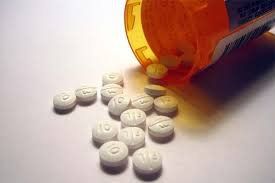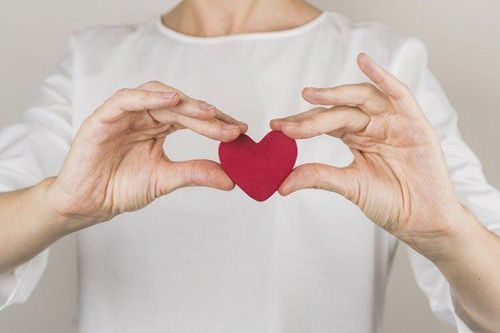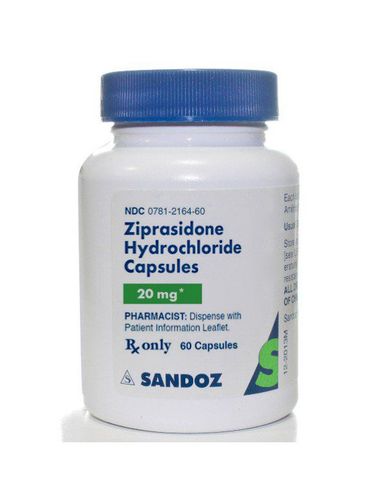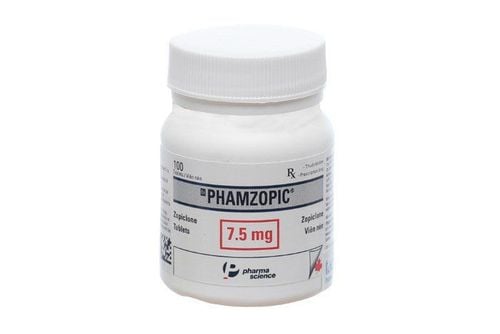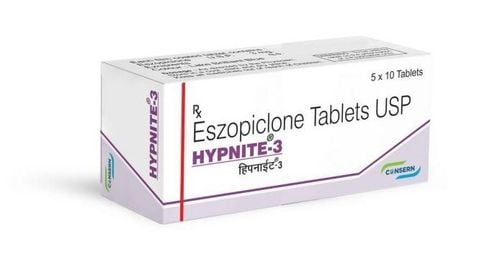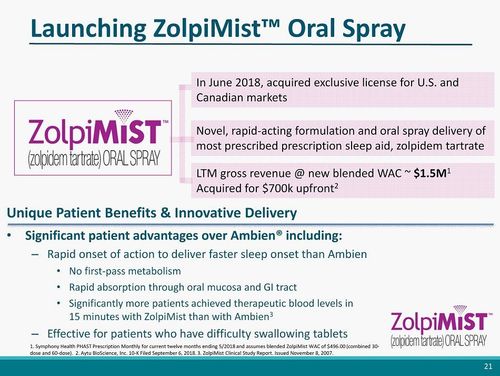This is an automatically translated article.
Sleep disturbances can be one of the first symptoms of a person with severe depression. This is a major mental health problem, but it can be treated if caught early enough.
1. What is a depressive disorder?
Depressive disorder also known as depression. This is a treatable mental illness. People often feel sad more often than usual and may lose interest in activities they used to enjoy. This condition can lead to many problems in work and daily life. Some other common symptoms may include:
Slowing down of activity at work, typing and other activities that require continuity. Slurred speech and markedly slow movements Loss of concentration at work or difficulty making decisions Low energy and fatigue Changes in appetite Unusual and unrelated weight loss or gain dieting Guilt or worthlessness Suicide or thoughts of death If these symptoms persist for more than 2 weeks you should see a psychiatrist.
2. How does insomnia due to depression happen?
Most people with depression experience some sleep problems. In fact, many doctors hesitate to diagnose depression in people who don't have symptoms of a sleep disorder.
More than just a symptom of depression, some sleep disorders like insomnia can also cause depression. Up to 20% of people have trouble falling asleep, causing insomnia and consequent depression. In one large study, people with insomnia were five times more likely to develop depression than others.
The link between insomnia and depression is a pathological cycle in which depression leads to sleep problems, which in turn worsen depressive symptoms.
3. Some forms of sleep disorders affect depression
Difficulty falling asleep: This is a condition where the patient has difficulty falling asleep or does not get enough sleep to get proper rest. Short-term insomnia lasts a few days or weeks and is often caused by stress. Chronic insomnia causes this type of trouble sleeping three or more times a week for 3 months or even longer. Get plenty of sleep: That's when you feel very tired during the day with the expression that you need to nap at unusual times such as during meals, at work, or during a conversation. Sleep goes on for many hours and is difficult to wake up. You may also feel anxious, irritable, low in energy, and foggy while awake. Shortness of breath during sleep: Patients often have a snoring condition that will reduce their breathing rate during sleep and may wake themselves up several times during the night. Although you may not remember waking up, the next morning you will feel dizzy and irritable the next day from lack of sleep. In addition, overweight people can appear to have sleep apnea, but there are other causes as well. By far, insomnia is the most common sleep disorder associated with depression. Studies have shown that about 3 out of 4 adults with depression also have insomnia, and about 1 in 5 patients with depression have obstructive sleep apnea.
Whether your sleep problems lead to depression or vice versa, you should address both of these issues and get help from a therapist.
4. What to do when there are symptoms of insomnia?
The sooner symptoms of either problem are detected, the sooner you can access the treatment needed to help your body bounce back. Therefore, it is important to see a doctor if you have any of the following symptoms:
Not sleeping well or having trouble falling asleep Frequent daytime fatigue Pain or discomfort that prevents a good night's sleep Depressive symptoms such as a cold feelings of helplessness, hopelessness, and other symptoms listed above that last more than a few weeks
5. How are depression-related sleep problems treated?
You may need separate treatment for both depression and sleep problems as prescribed by your doctor. Common depression medications such as selective serotonin reuptake inhibitors can help improve mood and other depressive symptoms, but they may not improve sleep. Other treatments for depression include talk therapy types and the use of medications such as antipsychotics. However, persistent sleep problems can make these treatments less effective.
A specially designed talking therapy called cognitive behavioral therapy for insomnia (CBT-I) shows great promise in the treatment of insomnia. Some evidence suggests that when combined with treatment for depression, CBT-I improves sleep problems in people with depression and reduces the risk of future depression.
Continuous positive airway pressure (CPAP) for sleep apnea can restore a good night's sleep, helping to reduce the risk of depression. That's a big deal because people with sleep apnea are five times more likely to develop depression than others.
The choice of treatment for depression-related sleep problems is complex, as each individual case can be very different. Therefore, it is necessary to see a doctor and discuss the symptoms that you are experiencing in order to have the most appropriate solution.
Follow Vinmec International General Hospital website to get more health, nutrition and beauty information to protect the health of yourself and your loved ones in your family.
Please dial HOTLINE for more information or register for an appointment HERE. Download MyVinmec app to make appointments faster and to manage your bookings easily.
Reference source: webmd.com



